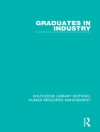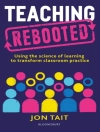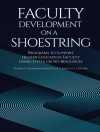Lijiang, a once-sleepy market town in southwest China, has become a magnet for tourism since the mid-1990s. Drawing on stories about taxi drivers, reluctant brides, dogmeat, and shamanism, Emily Chao illustrates how biopolitics and the essentialization of difference shape the ways in which Naxi residents represent and interpret their social world.
The vignettes presented here are lively examples of the cultural reverberations that have occurred throughout contemporary China in the wake of its emergence as a global giant. With particular attention to the politics of gender, ethnicity, and historical representation, Chao reveals how citizens strategically imagine, produce, and critique a new moral economy in which the market and neoliberal logic are preeminent.
Inhaltsverzeichnis
Foreword by Stevan Harrell
Acknowledgments
Introduction
1. The Maoist Shaman and the Madman
2. Dongba Culture and the Authenticization of Marginality
3. Ethnicizing Myth, Bride Abduction, and Elopement
4. Biopolitics: Fox Stench, Gender Boundaries, and the Moral Economy of Postsocialism
5. Marketing Difference: Dog Meat, Court Cases, and Ethnopreneurs
Conclusion | Forgetting the Madman and Remembering the Ancient Tea Horse Road
Notes
References
Index
Über den Autor
Stevan Harrell is professor emeritus of anthropology and environmental and forest sciences at the University of Washington. He is the author of Ways of Being Ethnic in Southwest China (University of Washington Press, 2001) and An Ecological History of Modern China (University of Washington Press, 2023); and editor of the University of Washington Press book series Studies on Ethnic Groups in China.












